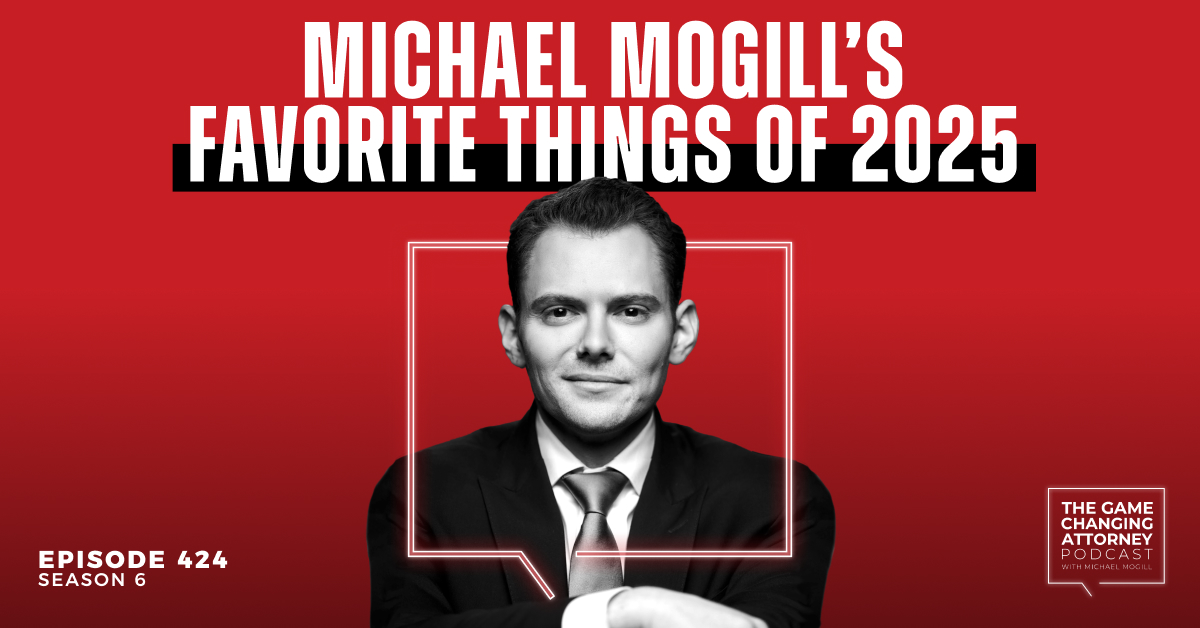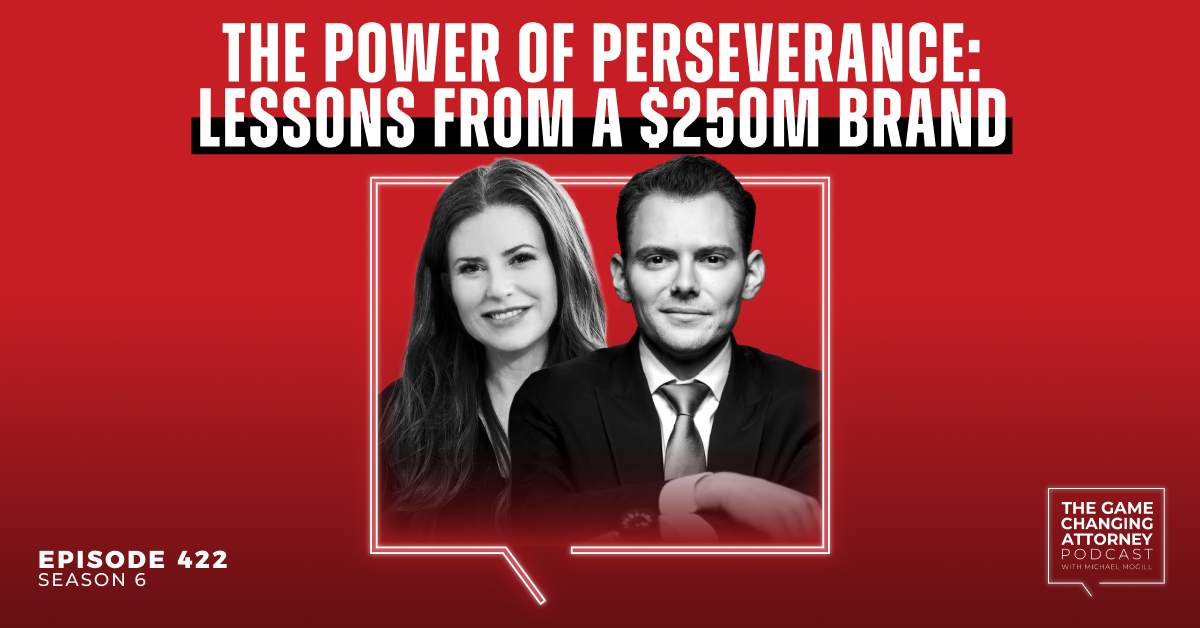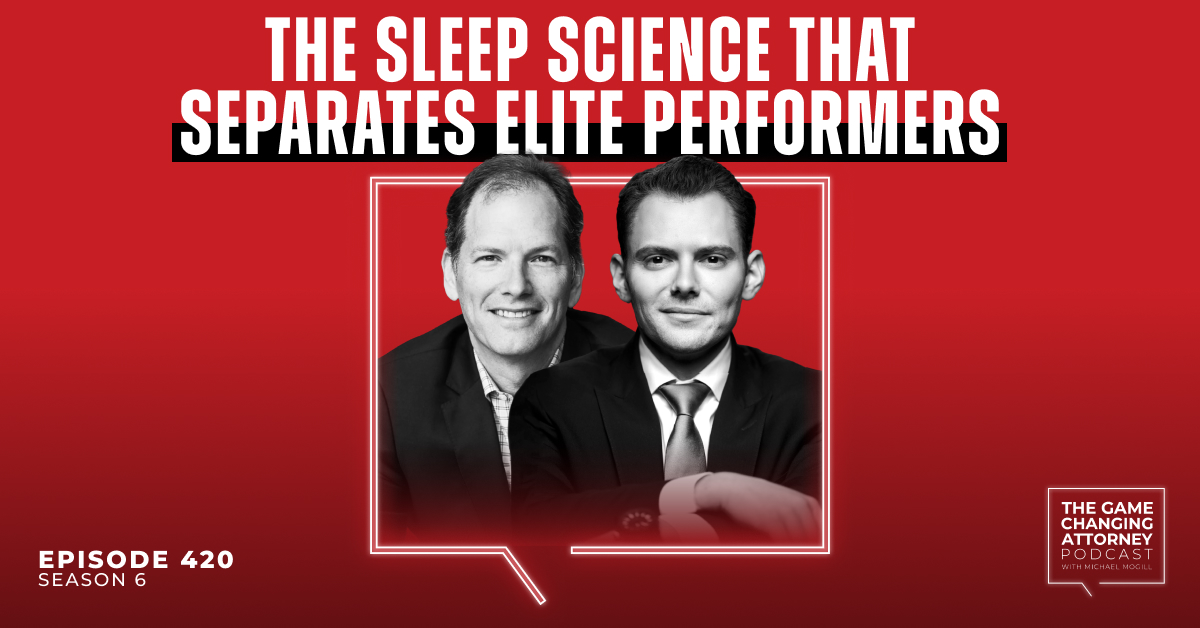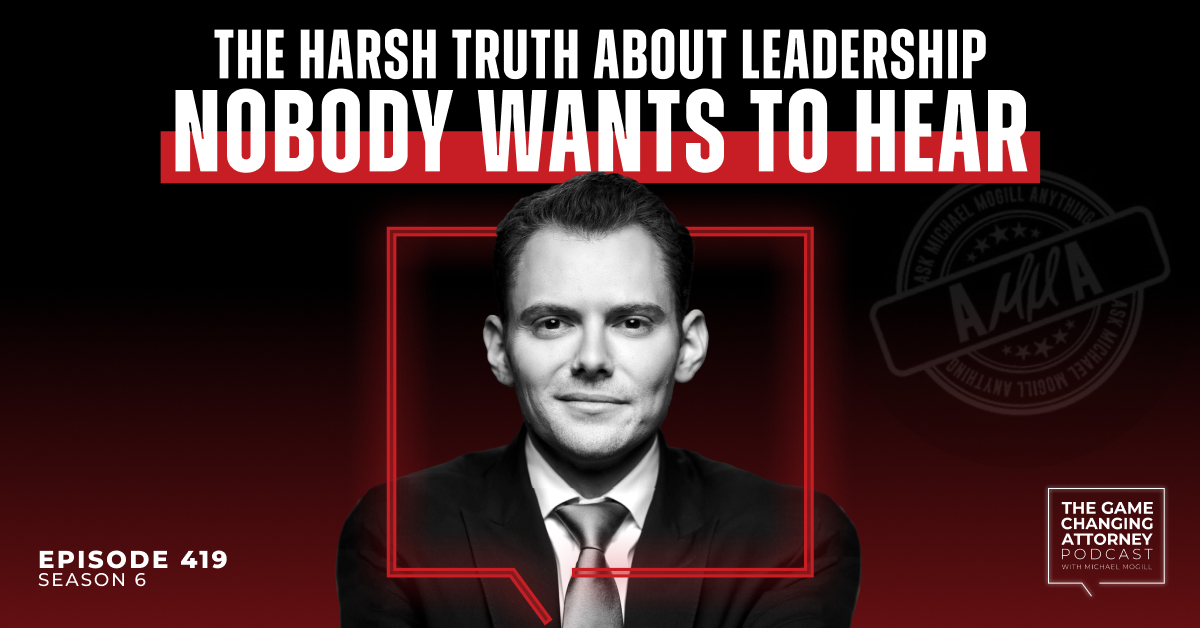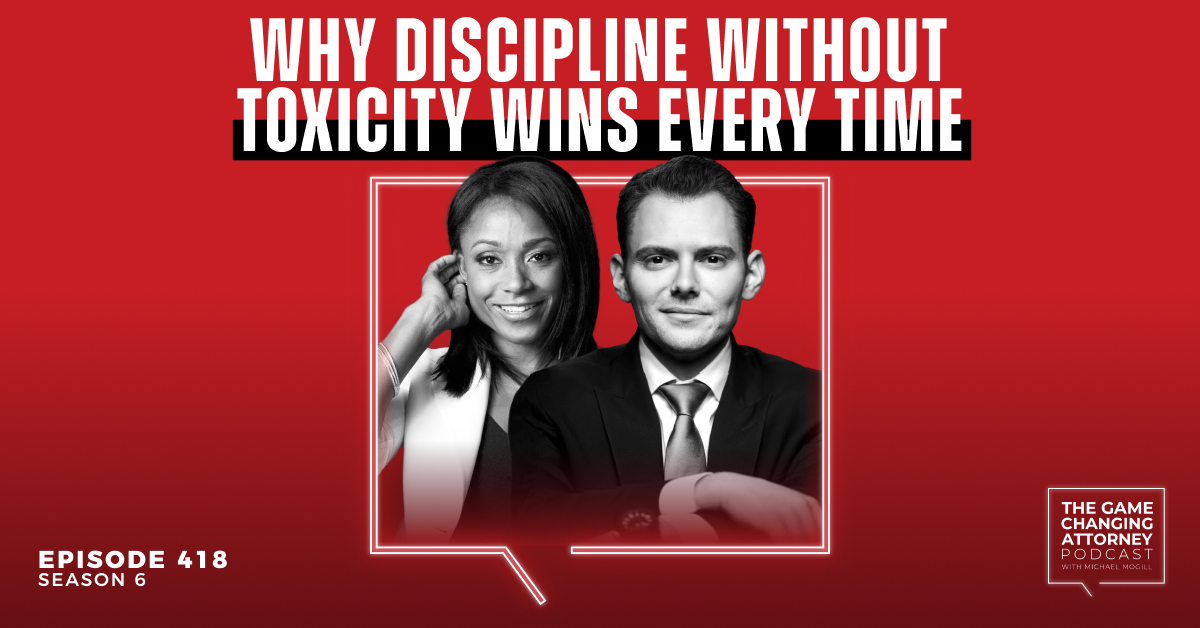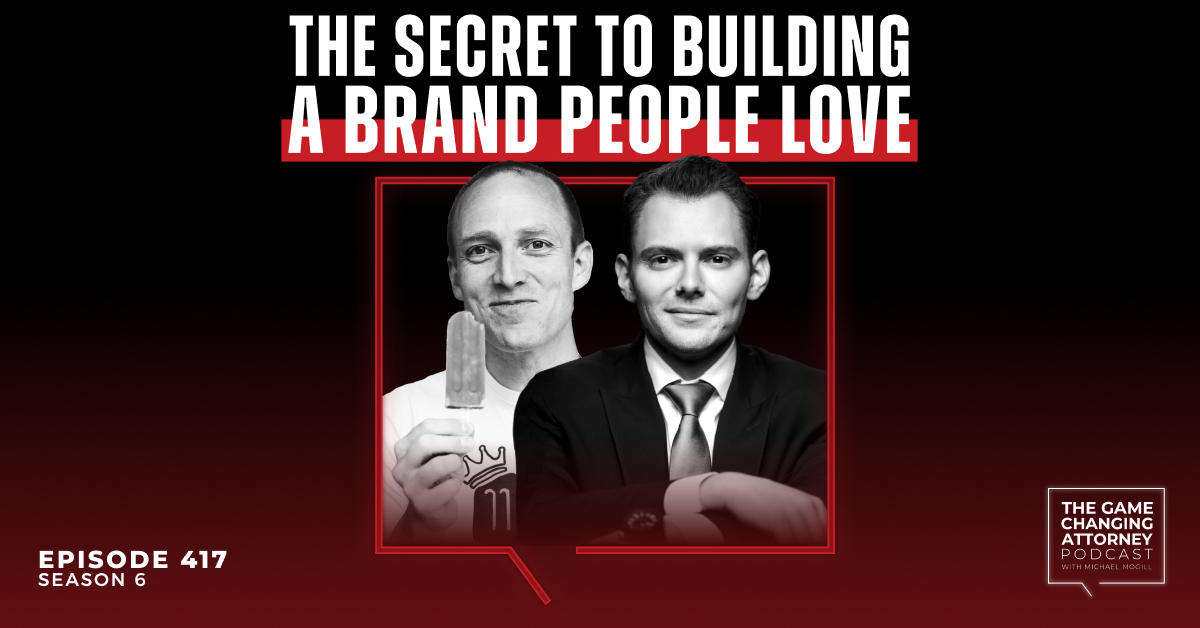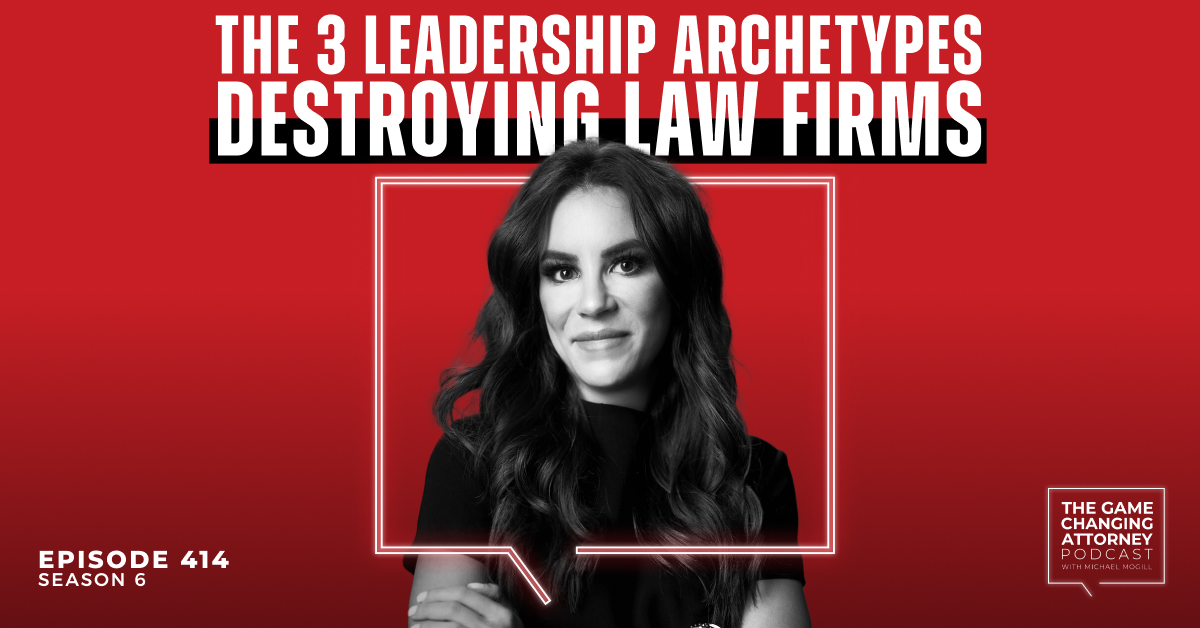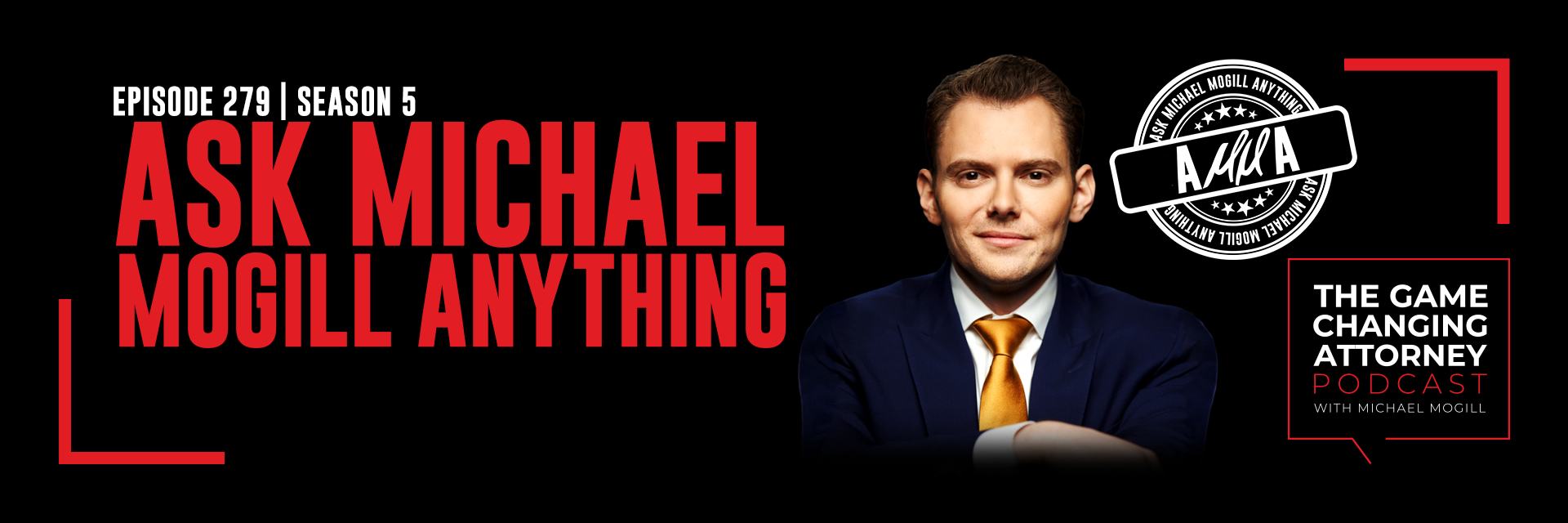
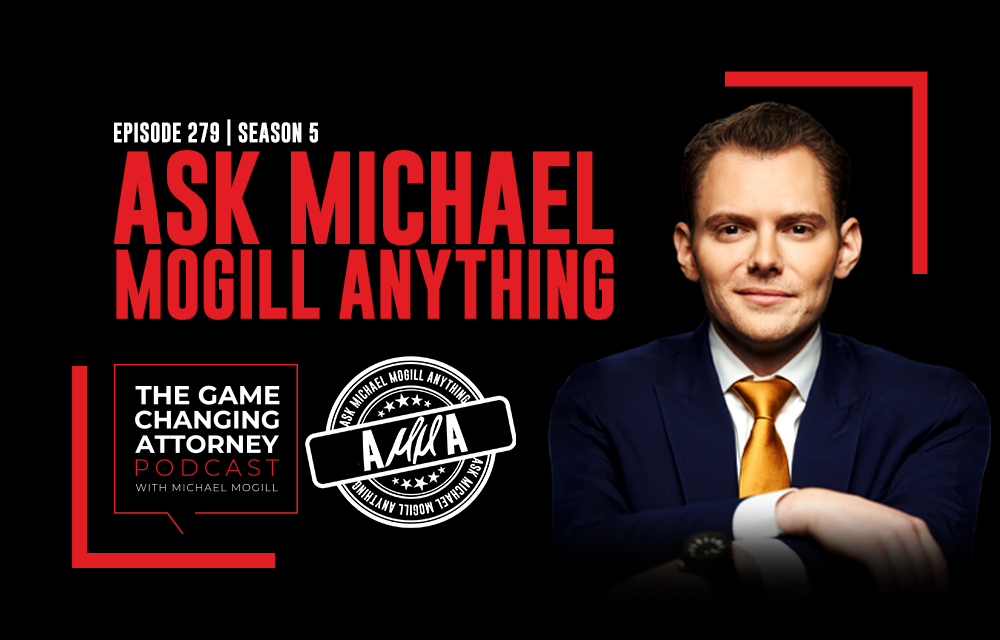
Episode 279 — AMMA — Building Trust Through Authentic Leadership
Are you truly leading your law firm or just playing pretend?
In this unmissable episode of The Game Changing Attorney Podcast, Michael Mogill dives deep into the raw, unfiltered truths about authentic leadership.
If you’re hiding behind a facade of professionalism while your firm crumbles, you’re not just failing your team. You’re failing yourself.
Michael doesn’t pull any punches as he tackles the tough questions:
- Can you be authentic without losing respect?
- How do you balance vulnerability with authority?
- Are your actions truly reflecting the standards you preach?
Drawing from his own experiences and hard-hitting examples, Michael reveals why showing up as your true self is non-negotiable for building trust and respect. He exposes the dangers of a “do as I say, not as I do” mentality and challenges you to lead by example — because your team is always watching.
Tune in, transform your approach, and become the leader your law firm desperately needs.
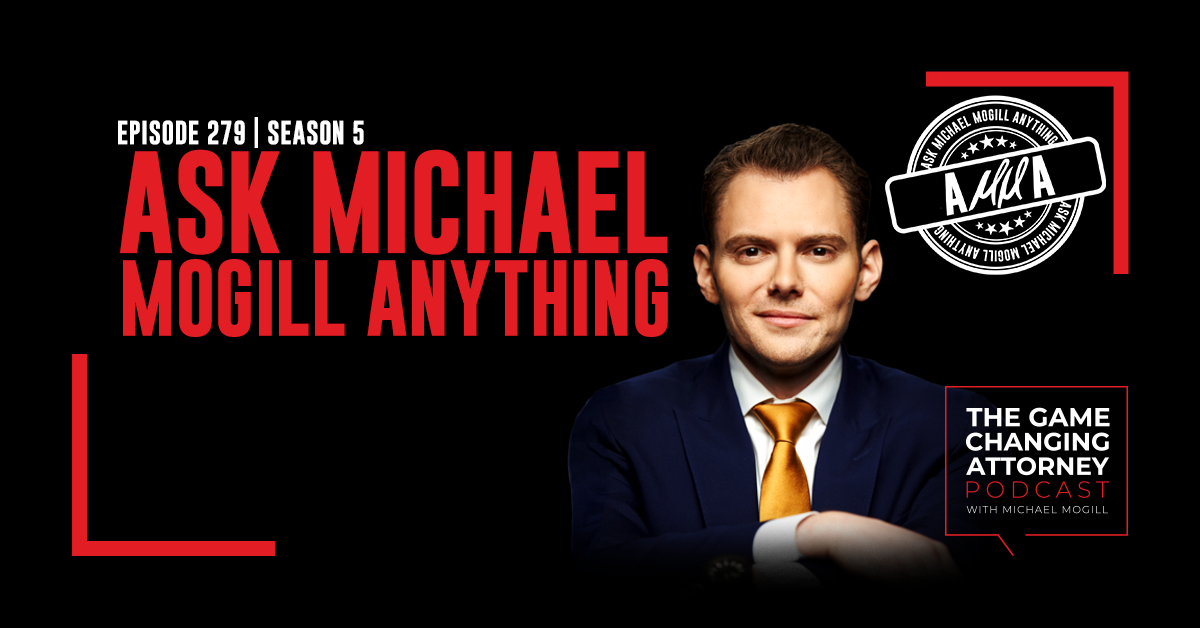
Listen & Subscribe
Show Notes:
The fine line. “When people ask about how to be authentic and also be professional, they’re often really asking how they can balance being an asshole and also being professional. Without a doubt, we should be progressive and open-minded, but I’ve seen this go too far when leaders overcorrect to the point where people talking to them feel like they’re talking to AI. So where do you find the balance? It’s really about being able to ensure that your personality is able to still come through. You should have your own thoughts, opinions, and perspectives which don’t necessarily need to resonate with everybody. At the same time, you don’t want to present yourself in a way that is offensive to the very people that you lead. In my view as a leader, we all need teams to be able to get anything done. You can’t do anything on your own and need to be able to work collaboratively with people. When you’re able to be authentic, I think you build more trust with the people that you lead. When you’re trying to be perfect, you don’t resonate with anybody.”
Authentic doesn’t mean offensive. “Being authentic does not mean that you’re doing things because you’re trying to hurt somebody. Not every forum is the forum to be able to speak your mind about things that concern or involve a large percentage of the room that you’re speaking to or even have a business case for it. To be completely honest, there are some opinions that you keep to yourself. Sometimes you can achieve more by keeping your mouth shut. At the same, you shouldn’t overcorrect where they just show up to the meeting, keep your mouth shut, stare at the room, and then leave. The topic of authenticity vs. professionalism is a weird one for me because if you have to ask about the difference and where the line is, what are you afraid of? Are you afraid of the blowback of voicing your opinion? Or are you trying to justify bad behavior? If you’re trying to justify bad behavior by saying, ‘Well, I’m authentic in that I like to be able to drink a six pack of beers at two o’clock in the afternoon, and then I find that sometimes people don’t really like that,’ that’s unprofessional. To me, authenticity is when you’re able to showcase your personality to the point where people can resonate with you — not when you’re the one who’s drunk and going wild at the office Christmas party.”
A sugar-coated freak out. “Studies have shown that leaders who are more vulnerable are better than ones who are less vulnerable. For example, consider two ways to go into a meeting as a leader who’s absolutely terrified because their business is not in a good place and only has enough money to cover three months of operating expenses unless something changes. If you’re not vulnerable, you come into that meeting and say, ‘Hey guys, everything’s fine. We’re good. Everything’s all good. You have nothing to worry about,’ and then three months later, ‘Surprise!’ Alternatively, if you show up to that meeting say, ‘Hey guys, I’m freaking out right now. Everything’s going to shit. Everything’s bad. Everything’s terrible. You should all start updating your resumes,’ then everyone else is going to freak out. When it comes to vulnerability, you have to find the middle ground of saying, ‘Hey guys, here’s where we’re at. Here’s what the data shows. We showed that we have about three months of runway. To be completely honest, I’m a bit stressed out about this myself. I’d love any help or support or any ideas that we have for navigating this. I just want to be transparent with you guys in terms of where we stand. I’m here for you all. I want to help you and I want to support you, but I’m also trying to figure this out and I don’t always have all the answers.’ If you’re not acknowledging the reality of situations that somebody is actually feeling and experiencing in their day to day, then they’re not going to trust you. If they don’t trust you, they won’t respect you — and if they don’t respect you, they’re not going to listen to you.”
Be the example. “You’re going to get way better results out of people if you are modeling the example and you are actually setting the standard and reinforcing said standard. They’re going to respect you a lot. When they respect you, they’re going to listen to you — and you’re not only going to get better compliance, but you’re also going to get someone’s best work out of them. It starts with you and you having to keep your promises to yourself. Perhaps it’s exercising and being healthy. Maybe it’s saving money and being more financially responsible. Whatever commitments you made to yourself, have the discipline to honor them. That’s respecting yourself. If you don’t respect yourself, how are others going to respect you at the same time? If you are not doing the things that are necessary every single day, how can you expect somebody else to? The tough thing that I see with some leaders where they say things like they’re not going to do remote work at their organization and they themselves work remotely, that’s kind of a conundrum. By the way, yes: as a business owner, you can do whatever the hell you want. That said, it’s harder to reinforce a certain standard when you’re not modeling said standard.”
- Microaggressions
- Kim Scott
- Radical Candor by Kim Scott
- ChatGPT
Connect with Michael
- Text directly at 404-531-7691
